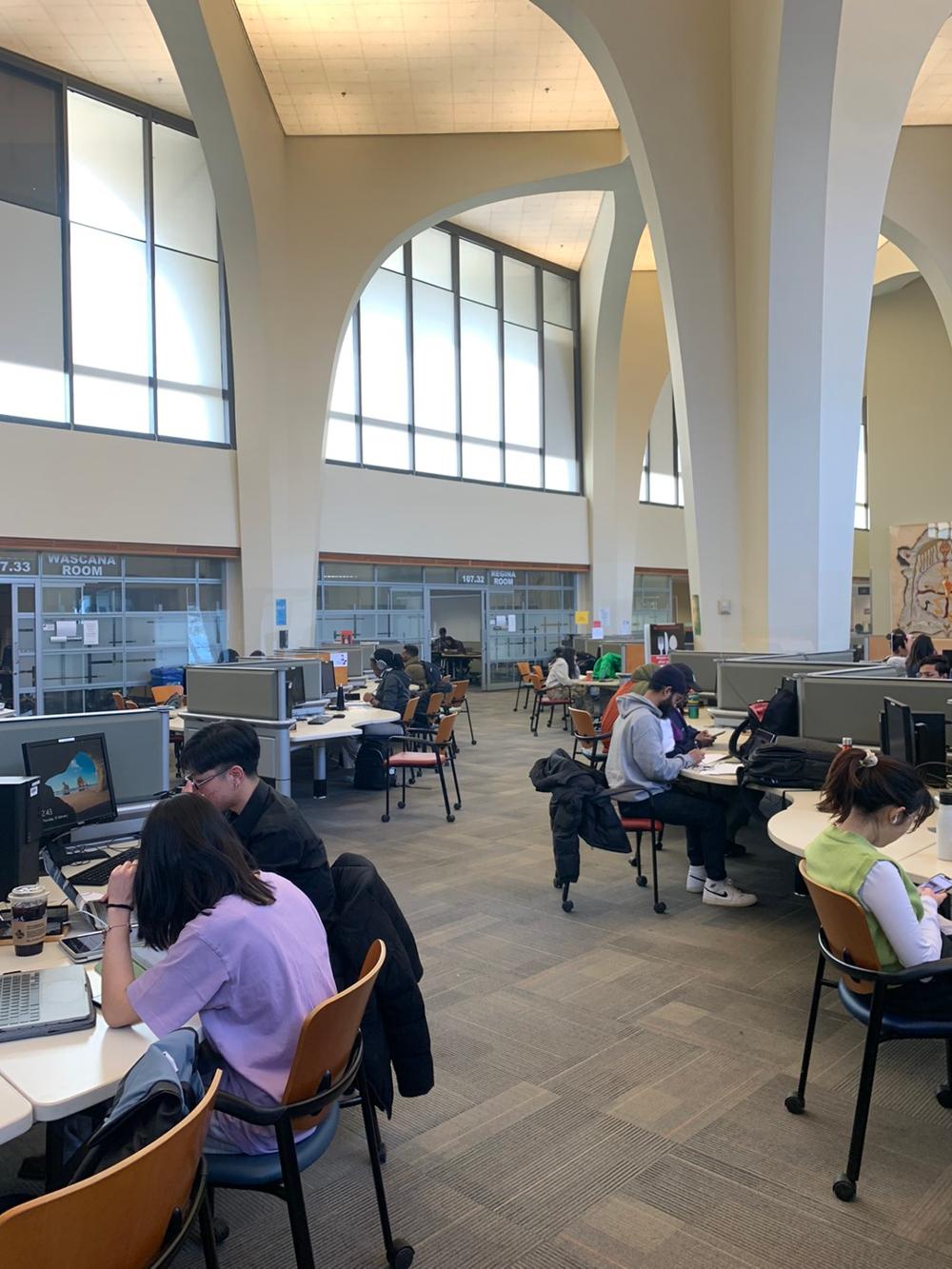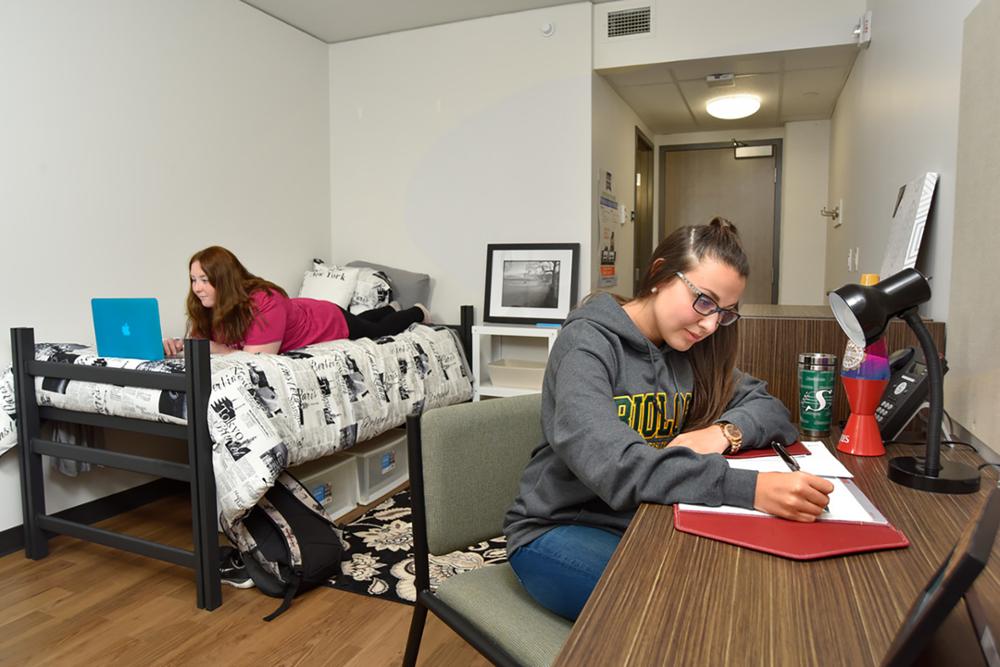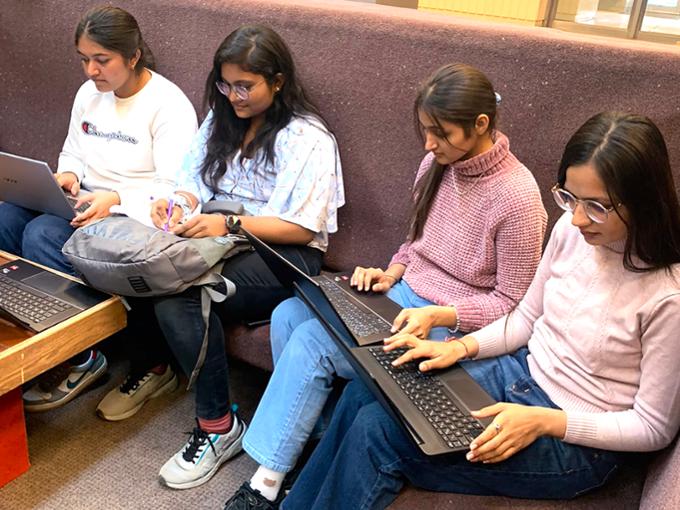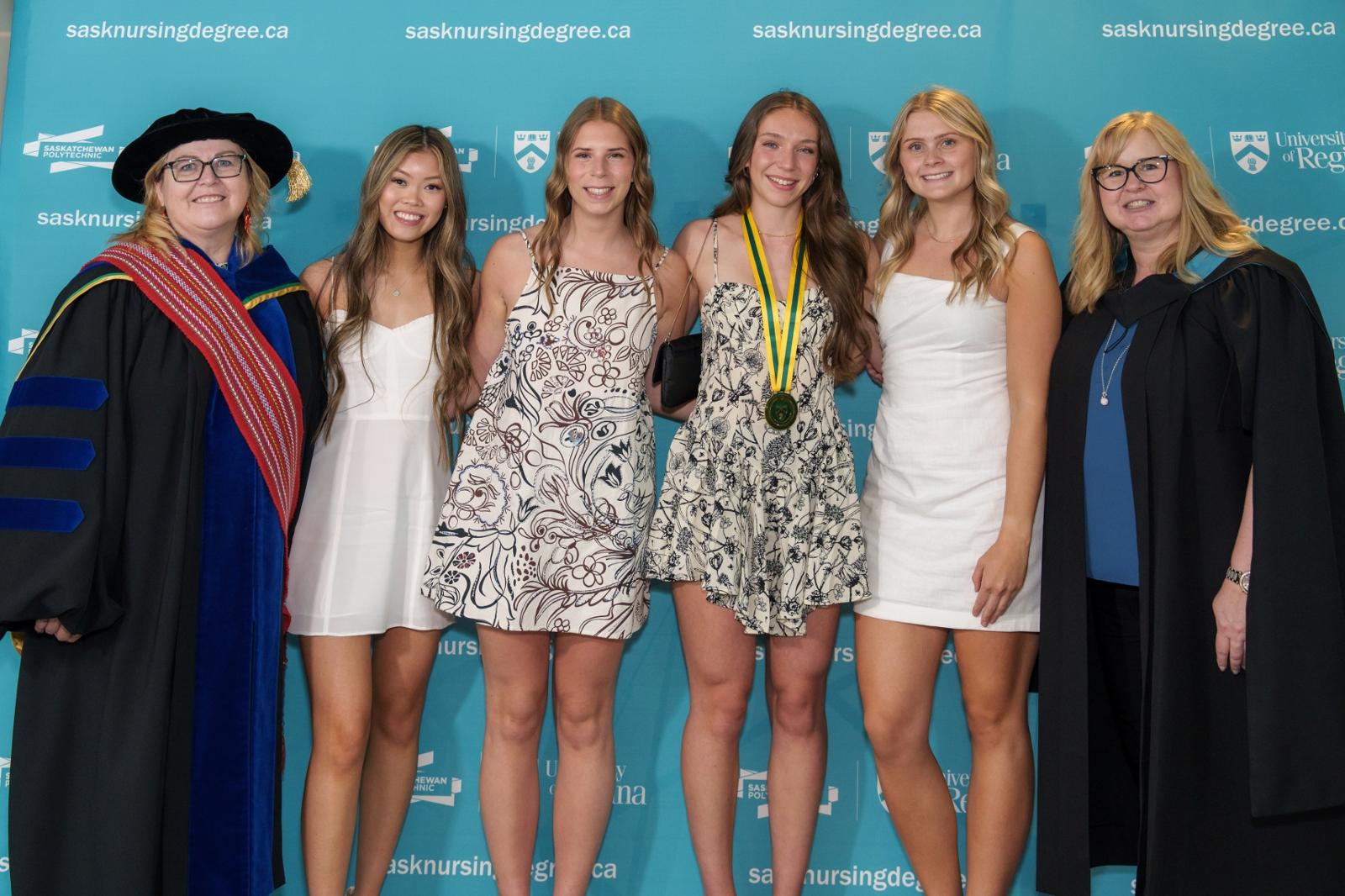The University’s fall break this year starts on Thanksgiving Day (October 9), which is a month earlier than previous years when it coincided with Remembrance Day (November 11).
This change is in response to concerns many students identified that the break was too late in the term and that an earlier break would be more beneficial to them.
Holding the break earlier in the semester should benefit students who have assignments/papers due and mid-terms in mid- to late-October. By using the time to complete assignments, review course work and study for exams, you should be better prepared for the rest of the term.
What Works For You?
After the break, a very short survey will ask students and other members of the University community to provide input on whether the earlier fall break is better. Next year’s fall break is also scheduled for the Thanksgiving Day week (October 14, 2024) and the survey will again be made available immediately after. The University will then decide when the 2025 and future fall breaks will be held. Watch for the survey on October 16 and have your say.
Tips For Success
Go through the course syllabus for each class to determine if you are caught up on all reading and assignments. Review your notes to see if there are any concepts that you don't fully understand - courses build upon prior knowledge, so if you don't understand something now, it is best to ask for help sooner rather than later. You should also look forward in the syllabus and flag upcoming exams and assignments, and start planning your study and work schedule.
Reviewing your course content regularly and in smaller chunks of time (rather than cramming right before the exam) can help you to better retain the information. Pay attention to what your instructors spend extra time on in class as they are likely focussing on what will be in exams.

When preparing for exams do what works best for you and your learning style. Using highlighters or different coloured pens to emphasize important information in notes or textbooks may help visual learners focus. Auditory learners may find they understand the material better by trying to explain what they learned in class to friends or family. Rewriting class notes may make the material more memorable for hands on learners. If nothing seems to be working, try another approach, such as studying with a classmate or using flashcards.
When writing an essay or other written assignment start early. Review the assignment’s instructions to ensure you have addressed all of the requirements. Edit, proofread and cite all sources! Students looking for writing help can visit the Virtual Writing Supports Hub.

The Student Success Centre has a number of workshops, tutoring options, and learning skills appointments available if you need extra support. They can help with time management, exam anxiety, note taking, and other issues.
If you feel uncertain of what is expected reach out to your instructors and teaching assistants. They are best suited to answer your questions about course-specific content. If you need additional supports, academic advisors are a great resource and can connect you with tutors, learning skills advisors, and other supports such as accessibility officers.
Some stress is normal, but do not forget to take breaks - eating, sleeping, and exercising are important to your mental health and ability to learn. Try alternating academic and non-academic activities so that you can continue to do the things you want to do while also setting yourself up for academic success after the break.
Mental health and wellbeing is an important component of student success and the University’s Mental Health Services are available to provide confidential counselling to students.
Banner credit: University Advancement
About the University of Regina
Set in the heart of the Canadian prairies we are a comprehensive, mid-sized university where the opportunities are as limitless as the horizon. Our campuses are on Treaty 4 and 6 - the territories of the nêhiyawak, Anihšināpēk, Dakota, Lakota, and Nakoda peoples, and the homeland of the Michif/Métis nation. It is our responsibility to strengthen relationships with Indigenous communities to build a more inclusive future for all. Our three federated colleges, 10 faculties, 25 academic departments, and 18 research centres foster innovative research with practical and theoretical applications. We are committed to cultivating the potential of our 16,000 students and supporting their health and well-being. We take learning beyond the classroom through work and volunteer experiences to develop career-ready graduates.
Let’s go far, together.




